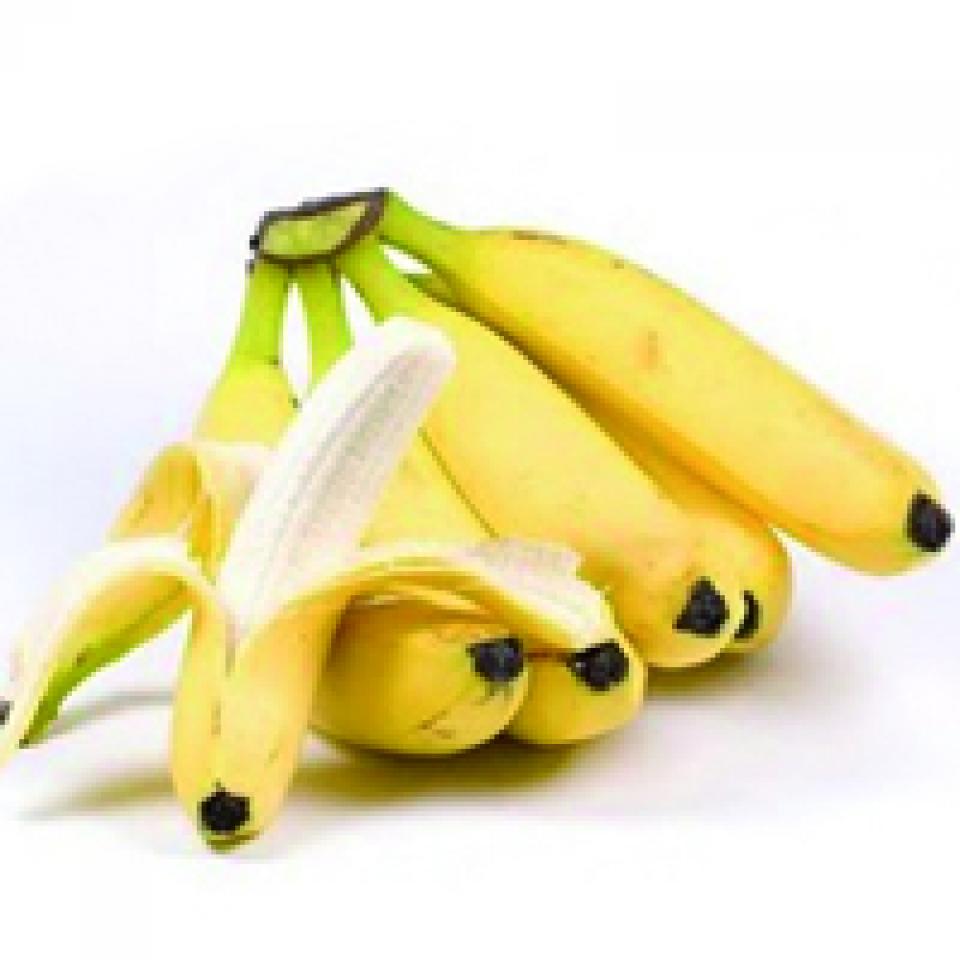Australia's Queensland University of Technology has signed an agreement with India's Department of Biotechnology for developing new strains of bananas to help counter iron-deficiency anaemia in India, according to FreshPlaza.com.
Citing an Indian newspaper report, FreshPlaza said the agreement, signed by QUT Vice-Chancellor Peter Coaldrake and Renu Swarup of the DoB yesterday, will see the Indian government investing during a four year period to create banana strains rich in iron.
"This is the first such project in agriculture that India has undertaken with another country. It means a lot to us," Swarup said.
"Iron-deficiency is a problem for all developing countries, associated with low nutrition, not just vegetarianism," she said.
Director of the Centre for Tropical Crops and Biocommodities at QUT, James Dale, will head the project, along with Rakesh Tuli, who is the scientific program coordinator for India.
The fact that a large number of Indian people have vegetarian diets mean that anaemia is common in the country.
"Iron-deficiency anaemia is a major problem for pregnant mothers, especially during child birth, and is one of the major causes of maternal death during child birth.
"Developing bananas, an important dietary component in India, to be iron-rich could really have a big impact on solving the problem of iron-deficiency anaemia," he said.
The technology for the production of the bananas will be developed in Australia before being transferred to India, but this is expected to take some time.
"After the initial four-year development phase, it could take just another four to five years to prepare the bananas for release to Indian farmers," he said.
QUT was approached by the country after seeing their work in enhancing nutrients found in bananas for Uganda, he said.
Source: FreshPlaza


